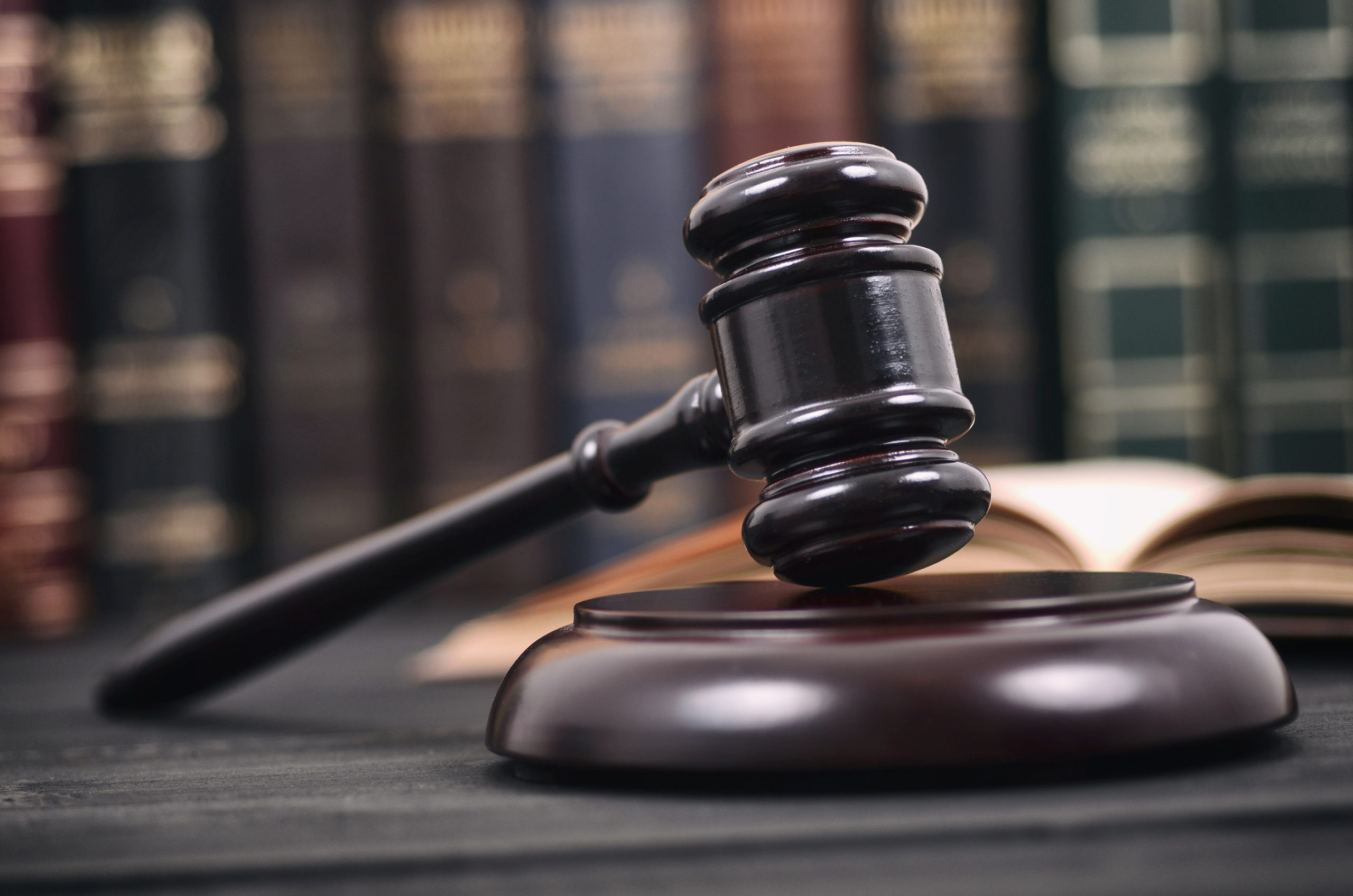Litigation law is extremely complex. It entails examining tens of thousands of documents, speaking with experts, interviewing witnesses, drafting, reviewing, filing numerous legal motions, and engaging in multiple court proceedings as many such attorneys find themselves spending countless hours with their clients, trying to resolve disputes. When attorneys fail to prepare for these difficult tasks adequately, they often face a mountain of bills that quickly consume their limited resources.
Basic types of litigation lawyers
There are two basic types of litigation lawyers practicing litigation law: personal injury attorneys and medical malpractice attorneys. Personal injury lawyers represent clients who have been injured due to another’s negligence or wrongdoing. Medical malpractice attorneys represent clients who have been harmed due to medical malpractice. If you sustain an injury as the result of another’s negligence or misconduct, you must retain an experienced litigation lawyer with extensive experience in handling these types of cases.
Unfortunately, many people mistakenly believe that they need special education and training to prosecute a case in the legal system successfully. Many will pursue litigation just because someone told them that they could. The truth is that the litigation process involves the same simple tools that any other lawyer uses. Specifically, you will need an attorney with a high understanding of both the legal system and the law. If you don’t have sufficient knowledge of these important tools, you may be putting yourself at greater risk of making mistakes that could cost you your case.
Determining the scope of the liability
One of the primary functions of an automotive litigation attorney is to help their clients determine the scope of the liability that has been committed. For example, suppose you suffer a claim against your employer for breach of warranty. In that case, your litigation lawyer will review this claim to determine whether or not your employer is liable for the breach. If you determine that your employer was indeed negligent, your lawyer can move to have the employer pay damages for your injuries, medical bills, loss of wages, and suffering. If you are successful in this litigation, your attorney may be able to recoup damages from the automotive industry as a whole or perhaps even bring individual manufacturers to justice for failing to inspect their products properly.
Business disputes
Automotive litigation attorneys are often asked to resolve business disputes that involve a breach of warranty, consumer claims, employment agreements, and employment agreement disputes. These cases involve various issues, including auto manufacturers, dealerships, labor unions, franchisors, employment agreements, franchised outlets, service providers, and employers.
As more businesses engage in contract manufacturing and sales via the Internet, the rules surrounding defective sales and breakage are becoming more complex and demanding. Litigation attorneys are now routinely asked to determine whether the business has complied with legal requirements for manufacturer/driver authorization and whether the manufacturer has properly charged for parts and services.
These types of lawsuits involving a broad range of issues are increasingly becoming sophisticated due to the advent of new technologies and the increasing complexity of contract manufacturing and sales.
Help to prepare for depositions
During a deposition, a legal system participant is permitted to ask questions under oath. If a witness fails to ask relevant questions, the court may record the lack of knowledge as an error of judgment, which may be used against the party during the trial. Thus, litigation attorneys need to ensure their clients have the proper training and experience in preparing for depositions.
It is even more important for litigators to understand the significance of the process of depositions themselves. To prepare for such depositions, attorneys must take care to avoid extraneous statements, responses, and responses, as well as any other memoranda which may have come into their possession relating to the underlying legal issues. Moreover, litigators should ensure they allow the opposing parties adequate time to prepare their depositions. Otherwise, if the parties attempt to use such depositions in their defense against the complaint, a judge may require discovery to be served personally, which will defeat the entire purpose of having a litigation case.



